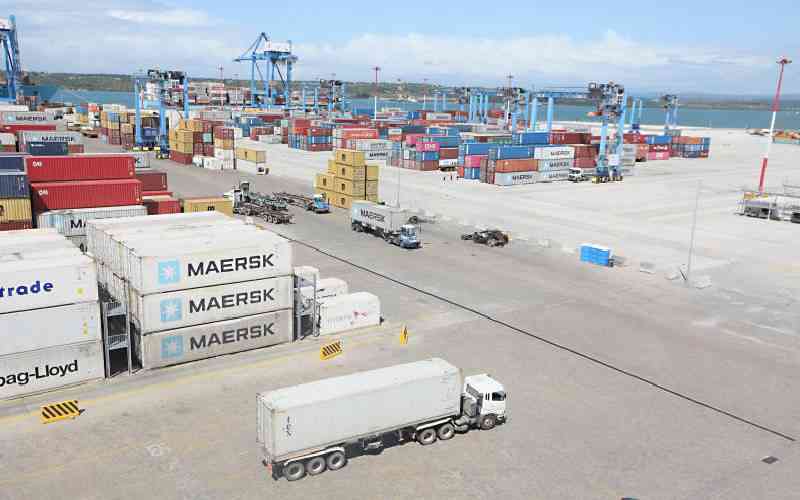×
The Standard e-Paper
Kenya’s Boldest Voice

All government agencies involved in clearance of cargo at major ports in the country will now be required to operate on a 24-hour basis to end delays, President William Ruto has ordered.
State agencies and some financial institutions involved in the clearance have in the past resisted attempts by cargo agents who have continually lobbied for the clearance to be made a 24-hour exercise.